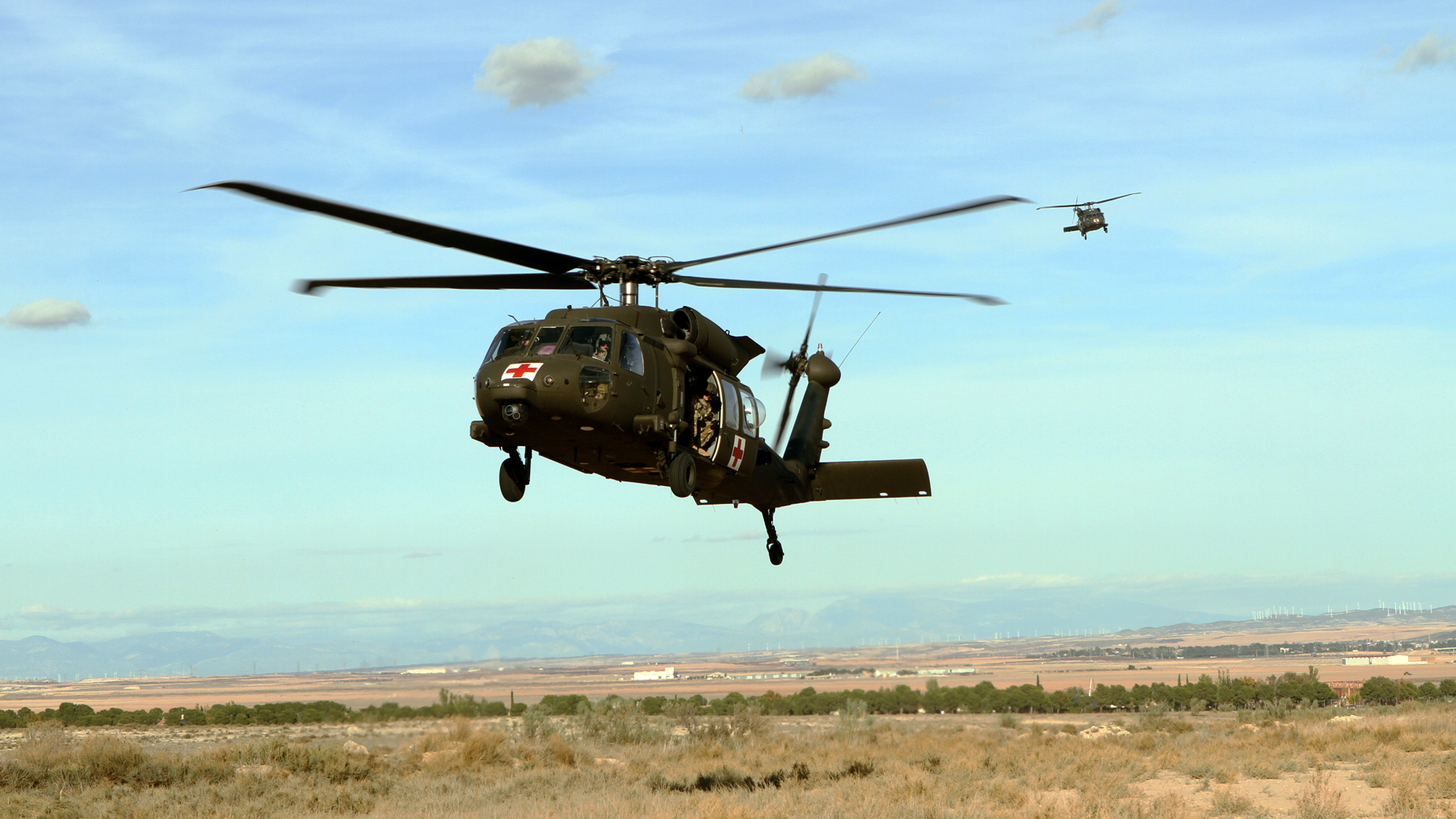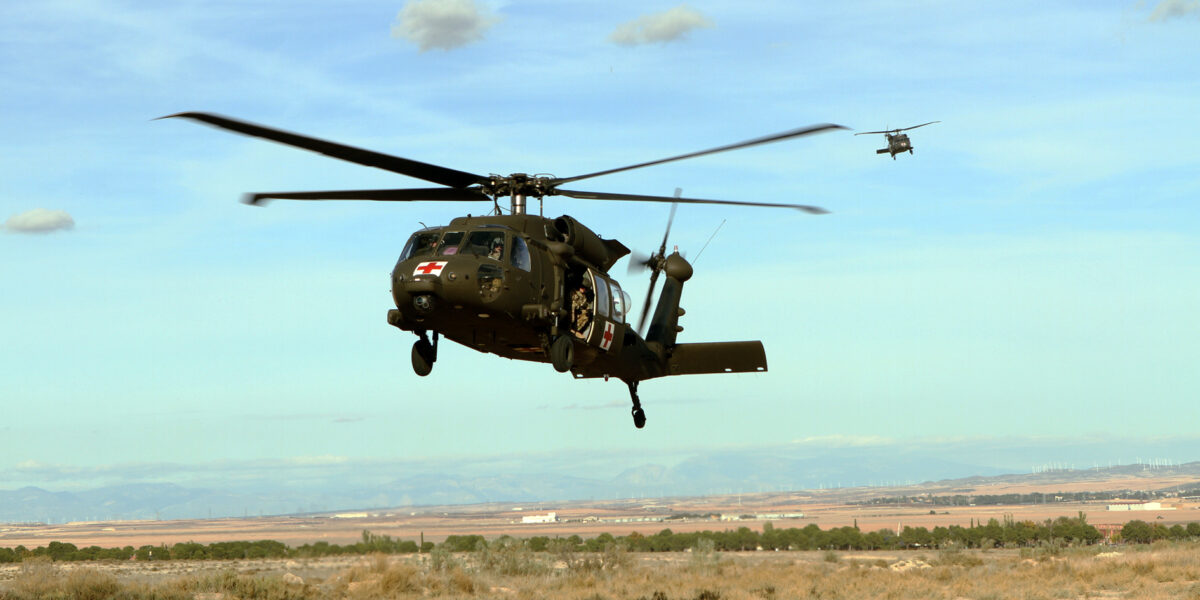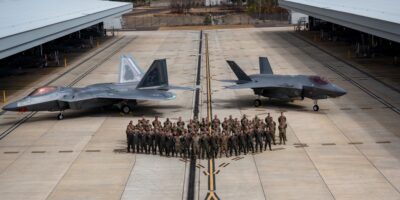HH-60W Jolly Green II: The Air Force’s Next-Gen Combat Rescue Bird
Combat rescue helicopter programs have gotten complicated with all the budget debates flying around. As someone who follows USAF rescue operations, I learned everything there is to know about the Jolly Green II. Today, I will share it all with you.
The HH-60W Jolly Green II is the Air Force’s newest combat rescue helicopter, and it’s been a long time coming. It replaces the HH-60G Pave Hawk fleet that’s been hauling crews into danger zones for decades now. Sikorsky, which falls under the Lockheed Martin umbrella, built this thing from the ground up to be tougher, fly farther, and pack way more tech than the outgoing birds. If you’ve ever wondered what happens when the Pentagon actually commits to upgrading a platform properly, this is a pretty good case study.

How They Built It
Probably should have led with this section, honestly. The Jolly Green II’s bones come from the UH-60M Black Hawk, but Sikorsky didn’t just slap a new coat of paint on it and call it a day. They reworked the internal fuel capacity — we’re talking roughly double what the old Pave Hawk carried — and beefed up the electronic warfare suite significantly. The airframe’s got heavier armor plating to protect crews from ground fire, which matters a lot when you’re flying low and slow into hostile territory to pull someone out. It’s really a different machine underneath, even though you can see the Black Hawk DNA in the silhouette.
The Cockpit and Mission Systems
Here’s where it gets interesting for the tech-minded folks. The Integrated Mission Systems package gives pilots a fully adaptable cockpit that ties everything together — sensors, communications, navigation, weapons management. I’ve read accounts from test pilots who say the situational awareness jump from the Pave Hawk cockpit to this one is enormous. You don’t have to mentally stitch together information from five different screens anymore. It all flows into one coherent picture. That’s huge when you’re threading the needle in contested airspace trying to recover personnel.
Staying Alive in Hostile Skies
Can’t do combat rescue if you can’t survive getting to the objective. The HH-60W packs advanced missile warning receivers, radar warning systems, and laser threat detection that work together as an integrated defensive suite. When a threat pops up, the crew gets immediate alerts and can deploy countermeasures fast. I won’t get into specifics on the classified stuff, but from what’s publicly available, this is a serious upgrade over what the Pave Hawk crews had to work with. And let’s be real — these pilots need every edge they can get.
Range That Actually Makes Sense
I mentioned the fuel capacity earlier, but it deserves its own section because it changes the operational math completely. With roughly twice the internal fuel of the HH-60G, the Jolly Green II can reach farther without strapping on external tanks that compromise the helicopter’s profile and performance. That means fewer aerial refueling stops, longer loiter time over the objective area, and more flexibility in mission planning. For combat rescue, where every minute counts, that extra range isn’t just nice to have. It’s the difference between getting someone home and not.
Mission Flexibility and Configuration
The interior of the HH-60W can be reconfigured quickly depending on what the mission demands. Search and rescue one day, medical evacuation the next. They designed the cabin so crews can swap between litter setups for casualties, extra seating for personnel recovery, or specialized medical equipment without spending hours on reconfiguration. That’s what makes the Jolly Green II endearing to us military aviation fans — it’s a genuine multi-role platform that doesn’t sacrifice capability in any single area to achieve that versatility.
Who Flies This Thing
A standard HH-60W crew is two pilots up front, plus a team that typically includes pararescuemen — the PJs. These are the folks who jump out, provide medical care on the ground, and get the survivors loaded up and moving. The helicopter comes equipped with a rescue hoist for pulling people out of tight spots, specialized litters for the wounded, and the kind of medical gear you’d want if you were hurt bad in a remote location. I’ve always thought the PJ community doesn’t get enough credit for what they do, and giving them a better helicopter is long overdue.
What This Means for the Air Force
The Jolly Green II isn’t just a new helicopter. It represents a real shift in how the Air Force approaches combat search and rescue going forward. The operational readiness improvements alone make a significant difference, but when you stack on the tech upgrades, the range, and the survivability enhancements, you’re looking at a platform that should keep rescue crews effective for the next couple decades at least. I’m cautiously optimistic about it. The Air Force doesn’t always get procurement right, but from everything I’ve seen, the HH-60W looks like they nailed this one.
Recommended Aviation Gear
David Clark H10-13.4 Aviation Headset – $376.95
The industry standard for aviation headsets, trusted by pilots worldwide.
Pilot’s Handbook of Aeronautical Knowledge – $25.42
The official FAA handbook – essential reading for every pilot.
As an Amazon Associate, we earn from qualifying purchases.


